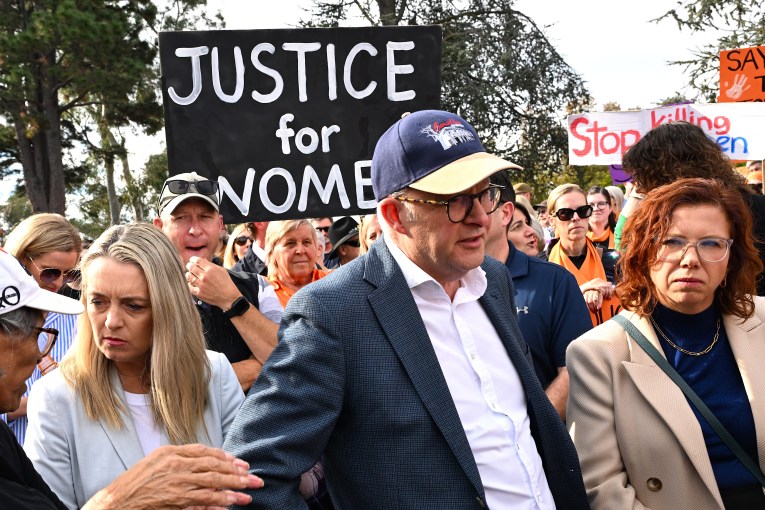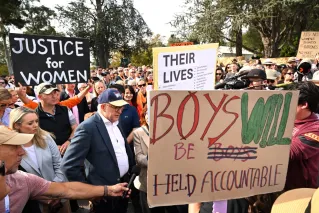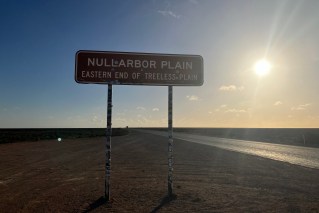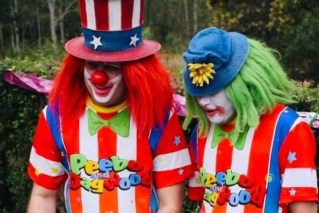Can’t we all just get along? Why anger is now all the rage
Anyone who goes online regularly needs no reminding that our world is becoming more angry and less tolerant, writes Shane Rodgers.

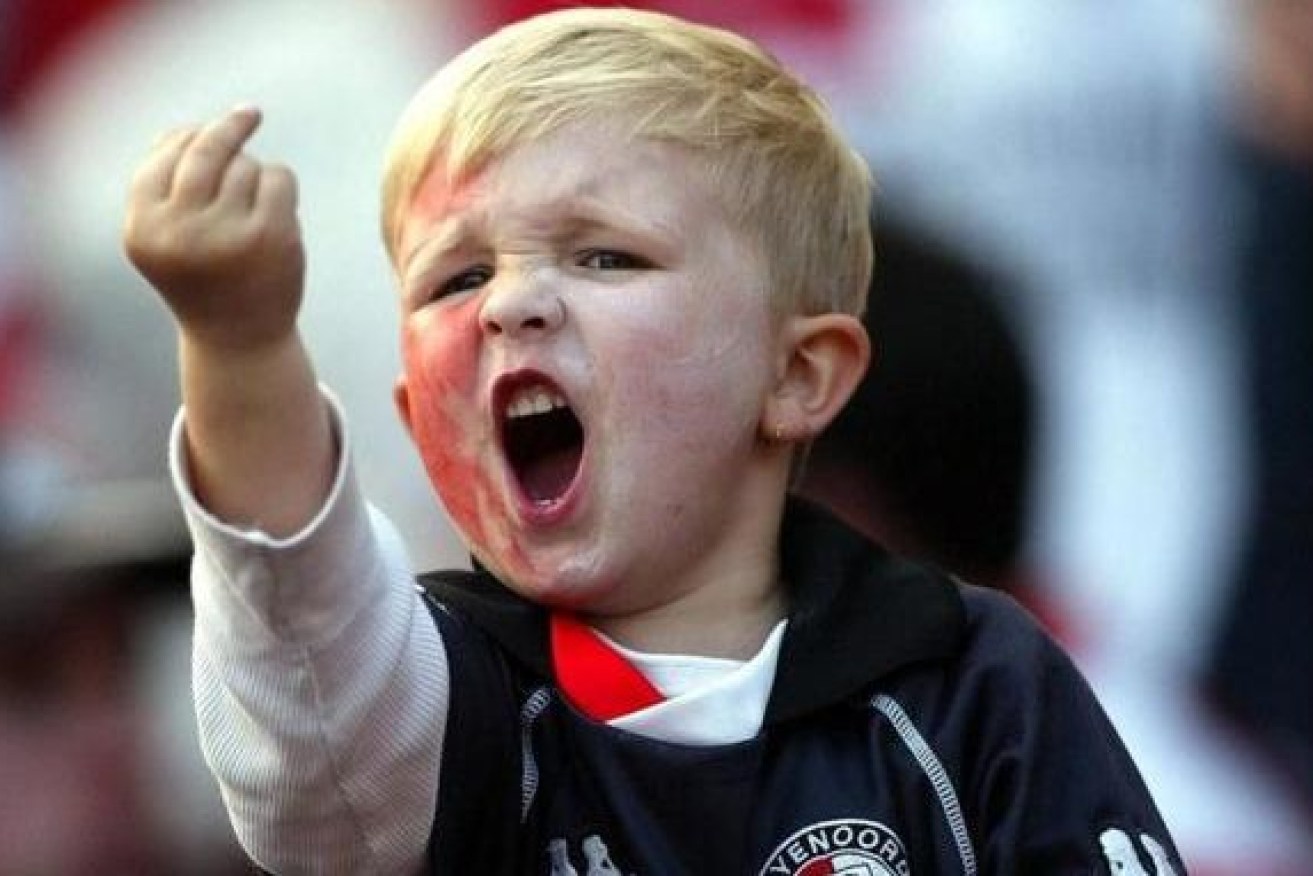
Possibly the most famous "angry" image of all time, this young soccer fan became famous after an image by Reuters photographer Jasper Juinen during the UEFA Cup final, went viral. Now it seems he's become a pin-up boy for an angry society.
When former Spandau Ballet lead singer Tony Hadley was on stage at the Gold Coast last week he lamented that the world seemed to have gone a “little crazy” lately.
“Wouldn’t the world be a better place if everyone was just a bit nicer to each other,” he observed.
The comment received a reaction almost as enthusiastic as Hadley received for the group’s biggest hits.
In fact, after a long social drought of being locked away, restricted, distanced, and masked, there was something remarkably calming about being at a concert in a room full of people just relaxing and having a good time.
Reflecting on Hadley’s comments, it is worth pondering if, as a society, we have become less tolerant of others, less accepting of alternative opinions and, frankly, less nice.
Road rage, queuing rage, impatience rage, incompetence rage – there seems to be a lot of rage going on. A little patience seems hard to find. And sorry seems to be the hardest word.
If you carry the thought a little deeper, it also seems that our field of tolerance for alternative views has become thinner. We also seem far more likely to attack individuals rather than just refute their opinions. What happened to “playing the ball” rather than “playing the man (or woman)”.
Since social media turned every human into a publisher, we have discovered a world of online trolls who hunt in packs ready to jump on anything that could vaguely be offensive to anyone. This can spook the faint-hearted into corners and silence voices that often should be heard.
This seems a long way from the concept of democracies in which we did not just defend our freedom to have an opinion, but we fiercely defended the rights of others to have an alternative opinion.
The Voltaire quote summed it up: “I disapprove of what you say, but I will defend to the death your right to say it.”
It is interesting that quality research is starting to emerge that shows that there is, in fact, solid evidence that social media is feeding our quest for outrage.
A study released last year by Yale University showed that our sense of moral outrage is becoming more pronounced over time because this outrage is rewarded with more online “likes” and “shares”.
In other words, the whole tone of our political and social debate is changing because of the buzz people get when others react to their outrages.
“Our studies find that people with politically moderate friends and followers are more sensitive to social feedback that reinforces their outrage expressions,” Yale Associate Professor of Psychology Molly Crockett said.
“This suggests a mechanism for how moderate groups can become politically radicalised over time – the rewards of social media create positive feedback loops that exacerbate outrage.”
The study was based on the tracking of 12.7 million Twitter posts from 7331 Twitter users.
There are other signs of heightened outrage and negativity. In 2021, the Gallup global Negative Experience Index hit a high of 33 and has been trending upwards since 2014. When the index (based on tens of thousands of respondents in 122 countries) started in 2006, it was below 25. We have unequivocally become a more negative world in less than a generation.
It is reasonable to put a positive spin on this and say that there are still more positive people than there is negative. But the rise of outrage and anger would seem to be a trend that we ignore at our peril.
More than ever, we need to solve big global problems collectively. This can only happy when we approach the task with a sense of cooperation and a genuine desire to understand the world from the vantage point of others.
Can we really afford to live in a world where a slip of the tongue or a momentary lapse of judgement can cause someone to be globally vilified and often become almost unemployable?
Do we give more than lip service to the need to fail to learn? Do Australians still believe in a fair go?
Do we really end up in a better society when the range of opinions tolerated online is so thin that people conform to a safe, collective mindset rather than challenging the status quo and calling out things that should be called out?
Rigorous debate is an important part of our democracy and safe spaces to have a genuinely held view need to be created and (within reason) defended like forts.
We have made great progress in curbing the worst of vilification and victimisation in our communities. We do not want to lose that. However, we need a parallel debate on where we want to set the parameters of discussion to preserve the best parts of our democracy.
Tony Hadley’s idea to just be a bit nicer to each other might be a good place to start. Respectful discussion can indeed produce positive change.
Shane Rodgers is a business executive, writer, strategist and marketer with a deep interest in what makes people tick and the drivers of change. Comments in this article are personal and not related to my day job.
